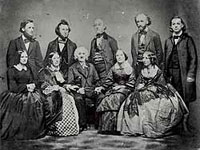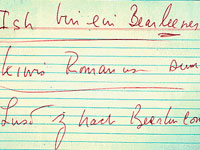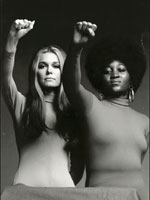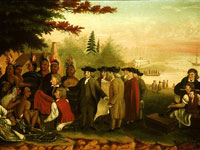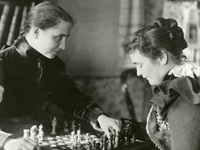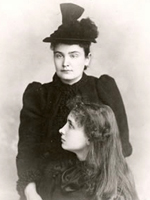Selected materials from the personal papers of Mary Metlay Kaufman, Dorothy Kenyon, Constance Baker Motley, Jessie Lloyd O'Connor, Frances Fox Piven, and Gloria Steinem. Also includes papers of the National Congress of Neighborhood Women (NCNW) and the Women's Action Alliance (WAA). The six women and two organizations are introduced with biographical essays (300-700 words). For each woman, the site provides from three to six texts, of 100 to 1,000 words, including correspondence, photographs, articles written by or about them, and bulletins and newsletters for movements with which they worked. Material includes fan mail received by Steinem, a letter from William Z. Foster to Kaufman, and a five-page speech Motley made to the Children's Organization for Civil Rights.
Papers for the NCNW include two photos, one poster, a brochure, and six pages of projects and activities. The WAA exhibit presents one photo, a press release, a mission statement, and a brochure. There are six high school lesson plans using the primary documents. The site will be useful for research in 20th-century feminism and women's activism.
